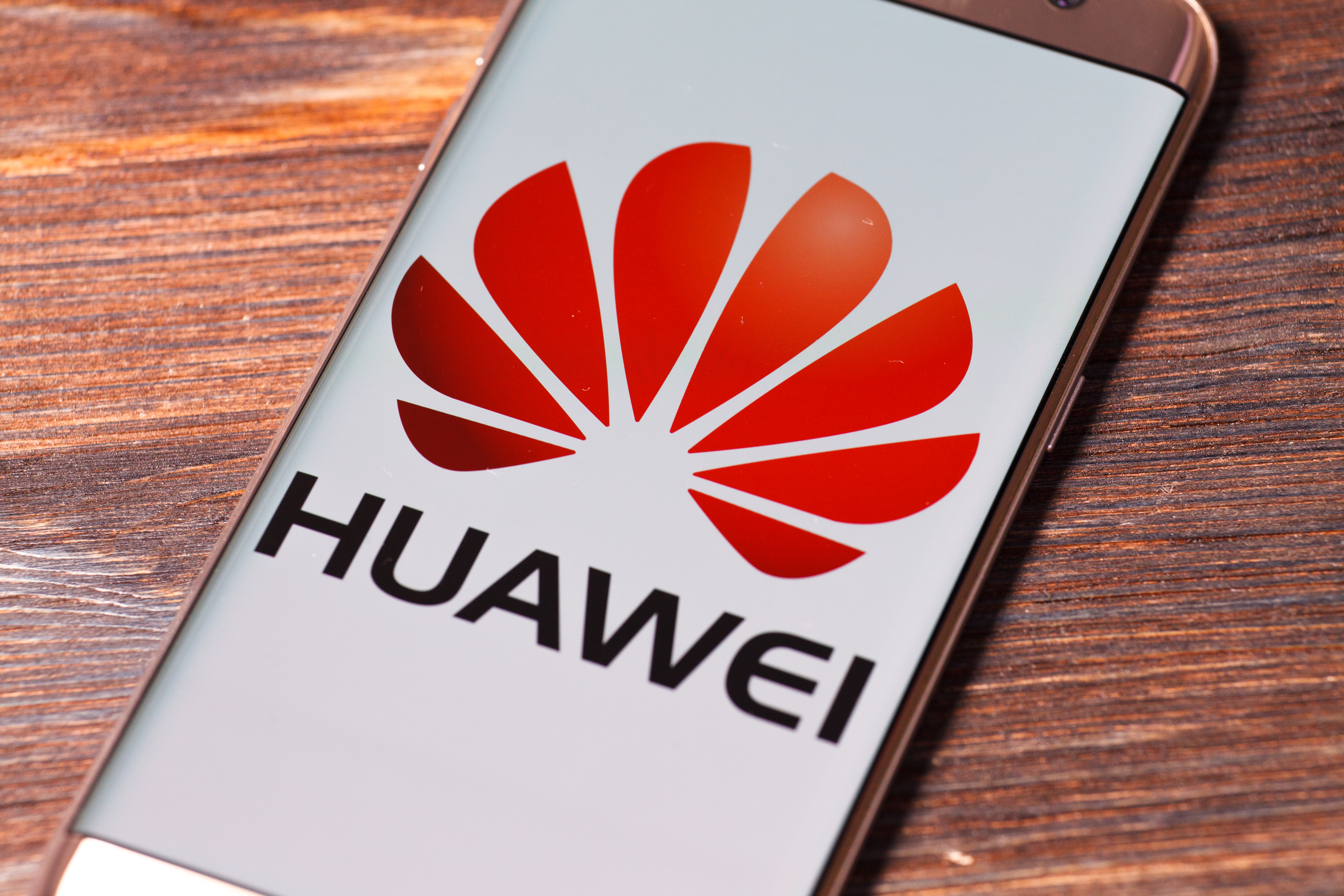The National Rifle Association (NRA) and affiliated parties are suing the governor of California along with a number of Los Angeles area and other government officials in response to the decision to close gun stores due to the COVID-19 pandemic. The plaintiffs, which include individuals, nonprofits, and a gun retailer, allege that the Los Angeles County Sheriff's decision to order gun retailers to close because of their "non-essential" business status violates the constitutional right to bear arms. The suit also claims that current county and state-wide orders affecting gun store operations are unconstitutionally vague.
Earlier this week, Google decided to extend the contracts of many temporary staff members by 60 days. These extensions apply automatically to staff members whose assignments were due to end between March 20 and May 15 of this year. Even if an assignment has reached its maximum length, a 60-day extension…
On Monday, March 16, 2020, New York design firm Uber, Inc. filed a complaint in the U.S. District Court, Southern District of New York, against the ride-sharing company Uber Technologies, Inc., alleging "willful, wanton, and intentional infringement, deceptive trade practices, and unfairly competitive use" of the design firm's trademark. The design firm requested relief in the form of damages, an injunction, and for the ride-sharing company to implement corrective advertising in the form of a campaign.
In a patent infringement lawsuit filed in Delaware federal court, IBM claims that Airbnb has unlawfully been using multiple IBM patents in running its online short-term rental platform business. IBM alleges that it has been attempting to negotiate a licensing agreement with Airbnb since 2014, but that these efforts have been unsuccessful.
A federal district court judge ruled that Google is not a state actor, so the First Amendment does not apply to its efforts to regulate its platform.
On Tuesday, March 3, 2020, the United States Court of Appeals for the Third Circuit vacated a district court's grant of summary judgment in Razak v. Uber Technologies, Inc. The lawsuit involves plaintiff drivers who used Uber's ride-sharing app to provide limousine services in Philadelphia via UberBLACK. Plaintiffs brought claims under the federal minimum wage and overtime requirements under the Fair Labor Standards Act, the Pennsylvania Minimum Wage Act, and the Pennsylvania Wage Payment and Collection Law.
The U.S. District Court for the District of Columbia has ruled that the Trump Administration failed to follow procedures set forth under federal law in appointing Ken Cuccinelli to a leadership role in US Citizenship and Immigration Services (USCIS) in 2019. As a result, two rule changes to the asylum process implemented under his leadership should be considered nullified, according to the judge.
The lawsuit alleges that Google uses its G Suite for Education platform to mine the personal information of schoolchildren, violating federal and state laws.
On Tuesday, February 18, 2020, United States District Court Judge Amos L. Mazzant of the Eastern District of Texas denied Huawei Technologies USA, Inc.'s motion for summary judgment in a lawsuit challenging the National Defense Authorization Act ("NDAA"). Huawei, a Chinese telecommunications equipment maker, challenged the constitutionality of Section 889 of the NDAA, which prevents federal agencies and their contractors from utilizing Huawei's equipment and services. Judge Mazzant granted the U.S. Government's motion for summary judgment, concluding that Congress acted appropriately within its powers.
Nanoco, a British nanotechnology company that makes quantum dots for vibrant screen displays, announced that it has filed a patent infringement lawsuit against Samsung. The case was filed last week in Texas federal court, and alleges that Samsung has willfully infringed Nanoco's patents with regard to importing and selling televisions that unlawfully incorporated Nanoco's technology.










